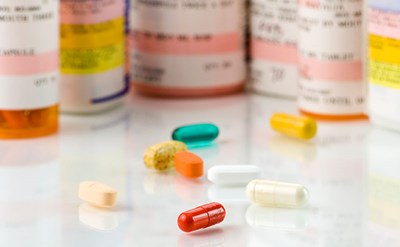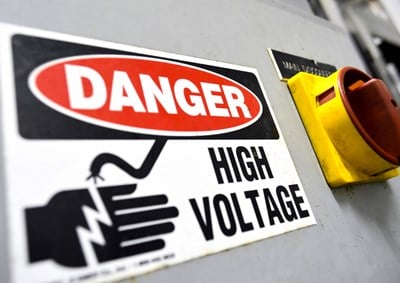Dental emergencies typically involve pain or injury to the teeth, gums, lips or cheek and tongue. Sometimes an infection is involved. In any case, any significant pain or injury to the mouth or the teeth should not be ignored.
Knocked-Out Tooth
- A permanent tooth that has been knocked out should be rinsed gently to remove dirt and debris (do not scrub) and stored in the mouth, where saliva will help preserve it; take care not to swallow the tooth. (Do not store the tooth in the mouth of a young child or someone who may become unconscious.)
- Alternately, place the tooth or teeth in a cup of milk and immediately see a dentist or an oral surgeon.
- Do not attempt to place the tooth back in its socket because this could cause further damage.
- Seek immediate medical attention. (After two hours, the tooth usually cannot be saved.)
Broken Tooth
- If the tooth is broken, rinse the mouth out with warm water and place cold compresses over the face in the area of the injury.
- Locate and save any broken tooth fragments.
- Seek immediate medical attention.
- Long-term dental problems can result from broken teeth.
Loose Tooth
- If a tooth is moved slightly forwards or backwards, gently use light pressure with your finger to reposition the tooth to its normal alignment. Do not try to force the tooth back into its socket. Hold the tooth in place with a moist tissue or gauze. Seek medical attention within 30 minutes of the injury, if possible.
Toothache
- Toothaches can be extremely painful and cause headaches, fever and sleeplessness.
- If you have a toothache, do not place aspirin on the aching tooth or gum.
- Rinse the mouth with warm water. Floss to remove food that may be trapped.
Cut or Bitten Tongue, Lip or Cheek Lining
- These wounds should be cleaned gently with a clean cloth. Apply cold compresses to reduce swelling and bleeding. If bleeding does not stop, seek immediate medical attention.
- Apply ice to bruised areas. If there is bleeding, apply firm but gentle pressure with a clean gauze or cloth.
- If bleeding does not stop after 15 minutes or it cannot be controlled by simple pressure, go to a hospital emergency department.
 American College of Emergency Physicians
American College of Emergency Physicians







